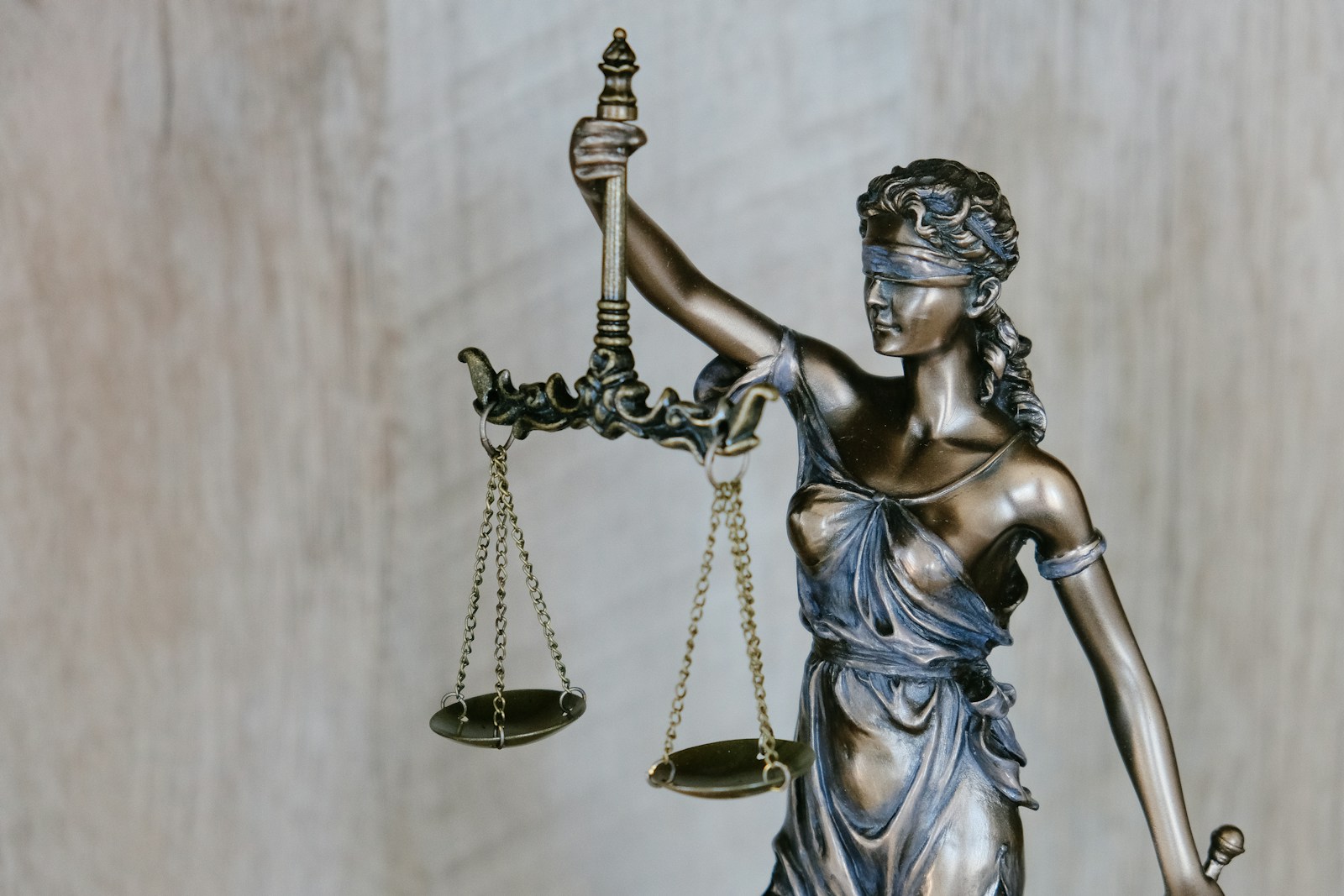Key Takeaways
– Senator Grassley praises whistleblowers on National Whistleblower Day
– He blocked three DOJ whistleblowers from testifying against Emil Bove
– Over 900 former DOJ lawyers and 75 judges opposed Bove’s nomination
– Bove won his lifetime judgeship by one vote
– Social media users slam Grassley for hypocrisy
Background
Senator Chuck Grassley from Iowa honored National Whistleblower Day. He posted that whistleblowers are patriotic people who keep government honest. However he refused to let three Justice Department whistleblowers speak at confirmation hearings. They had accused nominee Emil Bove of urging lawyers to ignore court orders.
Emil Bove’s nomination stirred major controversy. More than 900 former DOJ attorneys and over 75 state and federal judges warned lawmakers against his confirmation. They argued Bove lacked the integrity needed for a lifetime judgeship. Despite this, the Senate confirmed him by one vote on Tuesday.
Grassley Celebrates Whistleblowers
On Wednesday Senator Grassley shared his thoughts on social media. He wrote that whistleblowers often face unfair treatment. He said they are skunks at a picnic, but they protect the public. He called them patriots who hold government accountable.
His words drew swift criticism. Many noted the contrast between his praise and his actions. In the Emil Bove hearings he blocked whistleblower testimony. Critics labeled his celebration as empty gestures or political theater.
Social Media Eruption
Popular voices across the political spectrum hit back at Grassley. A liberal commentator said voters must be kidding after he rushed Bove’s confirmation. An ex GOP pundit called Grassley a shameful hypocrite.
One influencer wrote that he once respected Grassley’s integrity. Now he felt ashamed. He said Grassley must know Bove did what whistleblowers accused him of doing. Another anti MAGA commentator asked why he ignored those witnesses.
Yet another voice compared Grassley’s stunt to a bad political performance. They said it was the saddest show since a famous campaign moment. They argued Grassley praised whistleblowers while treating them like roadkill.
What Critics Are Saying
Critics share a few main points in their posts
– Grassley praised whistleblowers but silenced them when it mattered
– He fast tracked a nominee people warned against
– He ignored calls from judges and former DOJ attorneys
– His words rang hollow after his Senate actions
Moreover critics say Grassley’s move undermines trust in government oversight. They warn that punishing or blocking whistleblowers chills future witnesses. This could let misconduct hide from public view.
Why It Matters
Whistleblowers play a vital role in democracy. They expose waste, fraud, and abuse inside the government. When lawmakers silence them, it discourages others from speaking up. This harms accountability and transparency.
Senators face a choice. They can protect whistleblowers or protect those accused of wrongdoing. By blocking testimony, Grassley chose the latter. His critics say this sets a dangerous precedent.
Furthermore Emil Bove now holds a lifetime judgeship. He can influence legal decisions for decades. His critics believe his record and the whistleblowers’ claims show he is unfit. The narrow confirmation vote highlights deep split in the Senate.
Grassley’s legacy on whistleblower protections also faces scrutiny. He co-sponsored laws to help whistleblowers. Now some question whether he will truly defend those laws. His stance on Bove suggests party loyalty may outweigh principle.
Reactions from All Sides
Reactions came from former staffers, commentators, and advocacy groups. They said they feel betrayed by Grassley’s shift. Many had praised his support for whistleblower laws in past years. Now they ask if he only supports them when politically convenient.
One former Senate staff member wrote that proud moments with Grassley now feel empty. Another commentator pointed out the irony of a senator who backs laws to protect whistleblowers yet blocks them in practice.
Even some conservative voices expressed concern. They stressed the need for fair hearings. They warned that blocking witnesses undermines justice and rule of law.
Broader Impact
This event adds to a trend of political theater in Senate hearings. Senators often stage dramatic moments. However critics say real accountability takes a back seat to party strategy.
When a senator praises whistleblowers but denies them a platform, trust erodes. Citizens may doubt that the system can handle insider reports fairly. This encourages cynicism and weakens democratic norms.
Moreover the Bove confirmation shows how narrow margins can decide lifetime appointments. A single vote swung the outcome. Such razor thin margins amplify calls for reform in Senate procedures.
Some experts urge more transparent rules on witness testimony. They suggest that every credible whistleblower should have a chance to speak. They argue this would improve public trust in confirmations.
Moving Forward
Grassley now faces questions about his commitment to whistleblower rights. Will he defend legislation he once championed? Or will he follow party lines at the expense of oversight?
Meanwhile Bove’s judgeship will soon shape key legal cases. Critics say they will watch his rulings closely for signs of bias against whistleblowers. Pro whistleblower groups pledge to keep up pressure.
Grassley may also confront challenges in his own state. Voters and activists in Iowa have long praised his support for transparency. Some now see hypocrisy. They may demand explanations or push for changes in his leadership roles.
Conclusion
Senator Grassley’s celebration of National Whistleblower Day clashed with his actions in the Senate. By blocking DOJ whistleblowers in the Bove hearings, he triggered a strong backlash. Critics from both sides labeled his move hypocritical.
The Bove confirmation by one vote shows how divided the Senate remains. It also highlights the fragile state of whistleblower protections. When lawmakers praise whistleblowers but deny them a platform, public trust suffers.
Looking ahead, Grassley must reconcile his words with his deeds. His response could shape his legacy on whistleblower rights. It could also influence broader Senate rules on testimony and accountability.
One thing remains clear whistleblowers drive transparency in government. And their voices deserve a fair chance to be heard.
